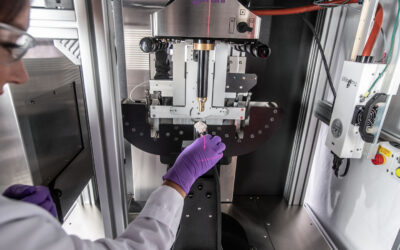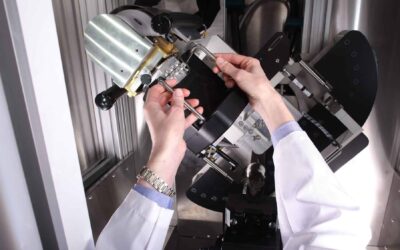Ionizing irradiation is a commonly accepted treatment modality for lung cancer patients. However, the clinical outcome is hampered by normal tissue toxicity and tumor hypoxia. Since tumors often have higher levels of active heat shock protein 90 (Hsp90) than normal tissues, targeting of Hsp90 might provide a promising strategy to sensitize tumors towards irradiation. Hsp90 client proteins include oncogenic signaling proteins, cell cycle activators, growth factor receptors and hypoxia inducible factor-1α (HIF-1α). Overexpression of HIF-1α is assumed to promote malignant transformation and tumor progression and thus might reduce the accessibility to radiotherapy.
Daniela Schilling, Christine Bayer, Wei Li, Michael Molls, Peter Vaupel and Gabriele Multhoff
Download Paper
Xstrahl to Highlight Superficial and Orthovoltage Radiotherapy Solutions for Skin Cancer and Selective Benign Conditions at AAPM 2024
Xstrahl, a global leader in the delivery of superficial radiation therapy devices and preclinical radiation research systems, will demonstrate Xstrahl 200, a modern orthovoltage radiotherapy solution for treating superficial lesions, skin cancers, and selective benign conditions at the 66th Annual Meeting & Exhibition of the American Association of Physicists in Medicine (AAPM) in Los Angeles, CA, from July 21-25, 2024, at booth 518.






